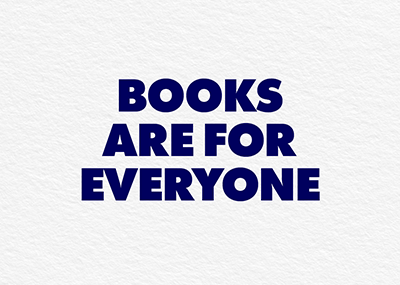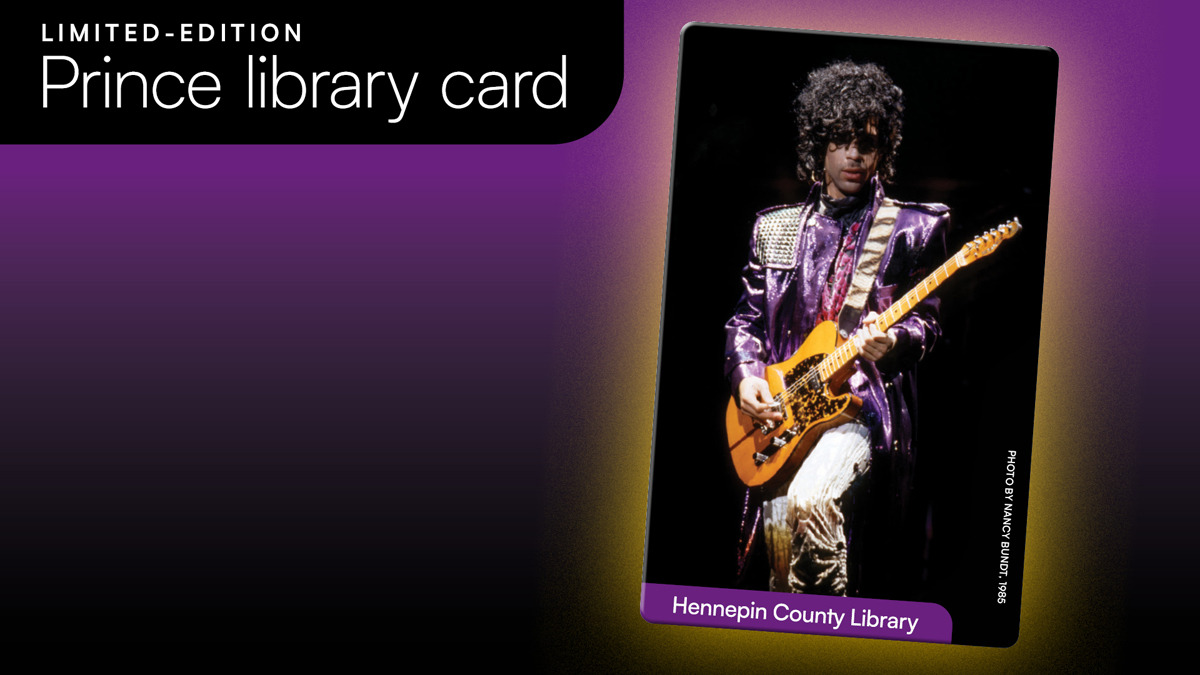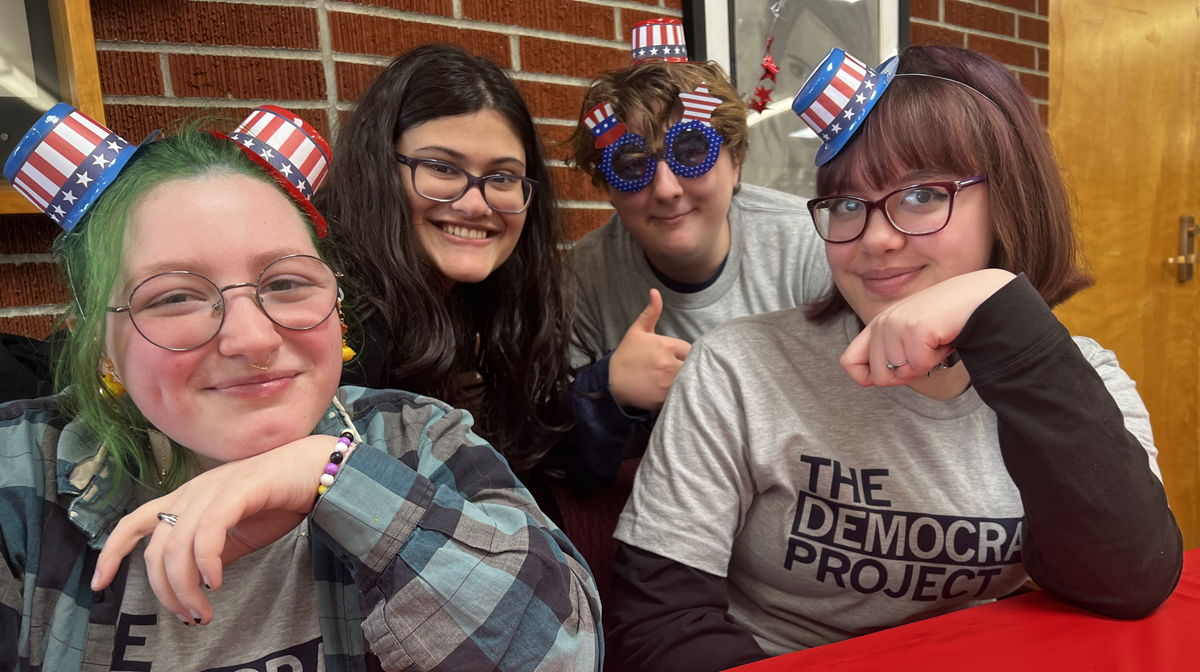Libraries and librarians aren’t alone in their fight against the rise in book challenges. More than 600 groups and individuals representing writers, educators, artists, racial and social justice advocates, booksellers, and publishers just signed a December 8 statement against efforts to ban books in schools and libraries.
The nonprofit and nonpartisan National Coalition Against Censorship created the statement to support reading and access to diverse stories and against efforts to remove LGBTQ-inclusive books as well as books about race and racism from schools and libraries across the United States. Statement signatories include the American Library Association, GLAAD, the American Civil Liberties Union, Macmillan Publishers, Penguin Random House, Abrams, Simon & Schuster, Scholastic Inc., and authors Judy Blume, George M. Johnson, Malinda Lo, and many more.
The statement reads:
In communities across the country, an organized political attack on books in schools threatens the education of America’s children. These ongoing attempts to purge schools of books represent a partisan political battle fought in school board meetings and state legislatures. The undersigned organizations and individuals are deeply concerned about this sudden rise in censorship and its impact on education, the rights of students, and freedom of expression.
Nearly all communities have developed policies for both handling book challenges and allowing parents to influence their own child’s reading, but they must do so within the guideposts set forth by the Supreme Court, without infringing on the rights of other students. The law clearly prohibits the kind of activities we are seeing today: censoring school libraries, removing books-and entire reading lists-based on disagreement with viewpoint and without any review of their educational or literary merit. Some would-be censors have gone even farther, threatening teachers, school librarians, authors, and school board members with criminal charges and even violence for allowing students access to books.
Libraries offer students the opportunity to encounter books and other material that they might otherwise never see and the freedom to make their own choices about what to read. Denying young people this freedom to explore-often on the basis of a single controversial passage cited out of context-will limit not only what they can learn but who they can become.
Books help students connect with characters whose stories reflect their own lives. They also widen their view of a changing world that embraces diversity and multiculturalism. But there is always resistance to change. So it is not surprising that most of the books that are being attacked address concerns of groups previously underrepresented in libraries and school curriculums: books about lived experiences of racism or of growing up LGBTQIA and experiencing bias, discrimination, hate and even violence.
The First Amendment guarantees that no individual, group of individuals, legislator, community member, or even school board member can dictate what public school students are allowed to read based on their own personal beliefs or political viewpoint.
It is freedom of expression that ensures that we can meet the challenges of a changing world. That freedom is critical for the students who will lead America in the years ahead. We must fight to defend it.
Read the full list of signatories.
Learn what you can do to help defend the freedom to read.




